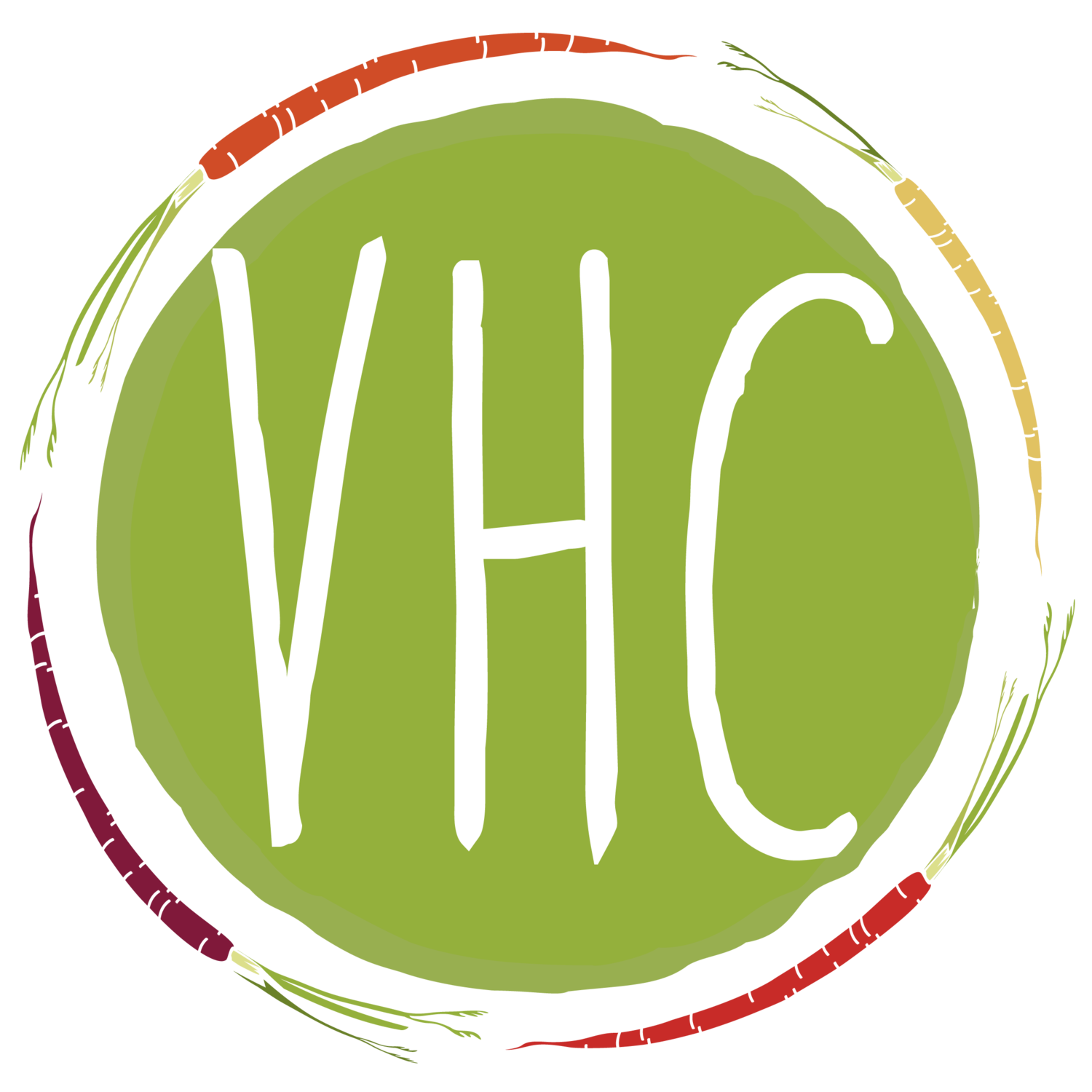Vegetarian Diet: Nutrients You Need In your Diet
People become vegetarian for different reasons. Some may change diets for personal or religious beliefs others may be looking for a healthier lifestyle. No matter the reason, switching to a vegetarian diet can be a huge lifestyle change!
Where to start?
You can start small. Flexitarians, for example, continue to eat meat, poultry, and fish in smaller portions. This kind of diet can work as a transition phase until you learn how to replace all animal protein in your dishes.
But if you are looking for a full immersion in the plant-based world, you’ll need to plan and prepare. While eating fresh vegetables and fruits is already a healthy habit, there are some nutrients you won’t get that easily.
Luckily, we gathered a list of principal nutrients you’ll need in your diet and where to get them.
Nutrients you need to incorporate
Protein: now that you left all animal-based protein behind, it’s time to look for this nutrient in nuts, peanut butter, seeds, grains, and legumes. Make sure to have a variety of grains, legumes, beans, and vegetables for the week to ensure you get all your B vitamins. You can also try quinoa, tofu and soymilk for a higher protein option. It’s best to avoid high processed “meat” replacements.
Iron: This is a nutrient commonly associated with red meat and poultry. For a vegetarian diet, you can try beans, dark leafy greens, broccoli, raisins, wheat, and tofu. Extra tip: combine these ingredients with Vitamin C-rich foods like oranges, bell peppers, and kiwis. This can increase your ability to absorb iron.
Calcium: we can find this nutrient in dairy products. As a vegetarian, you can replace them with plant-based milk and yogurts such as soy and almond milk. Leafy greens such as kale and spinach are also a good source of calcium.
Omega-3: salmon is full of this healthy fatty acid. A few options to replace this nutrient in a vegetarian diet are flaxseeds, chia seeds, and soybeans.
Nutritive options for vegetarians
While it is important to learn recipes and look for new ingredients, there are some excellent go-to meals for vegetarians. Help your body get all the nutrients it needs with these healthy options!
Kimchi: a spicy Korean treat that you can prepare on your own. Eat this fermented delicacy full of probiotics, calcium, and Vitamin C to boost your nutrients intake.
Peanut Butter Chia Seed Pudding: creamy and delicious, peanut butter is full of protein and healthy nutrients for your body.
Hummus: prepare snack platters with this delicious chickpea creme. High in protein and nutrients, it can help to improve digestion!
In conclusion, starting a vegetarian diet can be a challenge, but it’s worth trying! Some studies confirm cutting down on animal protein can improve our health overall, specifically by controlling blood pressure and blood sugar levels.
If you try any of our tips, DM us @VegHeadChef and let us know!
Go to the homepage.

